AARP Hearing Center


Imagine showing up for a pain injection and your pain management physician cancels your appointment because you just received the flu vaccine.
John Meyerhoffer, an 85-year-old retired police officer, has debilitating knee pain. He receives steroid injections every three to four months to manage his pain.
“I went to my primary care doctor a week before my pain injection,” Meyerhoffer says. “We discussed my upcoming shot, and I got my flu vaccine.”
When John hobbled into pain management for his injection the following week, he was sent home to wait for two weeks because he had received the flu vaccine.
Getting a flu vaccine is an annual rite of passage for some 70 percent of Americans over age 65. What most flu vaccine recipients do not know is that there are several medications that can decrease the effectiveness of the flu vaccine
Work with your doctor
It is important to share what medications or treatments you are getting with your physician and pharmacist. Given the risk of death or serious complications with the flu, your physician or pharmacist can help you weigh the risk of delaying treatment with medication that could hamper your immune response versus getting the vaccine while taking such medication.
The Center for Disease Control and Prevention (CDC) says that 70 to 85 percent of seasonal flu-related deaths occur in older adults. Jodie Pepin, clinical pharmacy program director at Harbor Health in Round Rock, Texas, points out that when considering whether to delay a vaccine due to a potential drug interaction, you must weigh the risks and benefits.
Here are five types of medications that can diminish the protection offered by the flu vaccine.
1. Steroid pain injections
Steroid pain injections, also called corticosteroid or cortisone shots, reduce inflammation and pain by delivering medication into a joint or the epidural space around the nerves of the spine. These pain injections typically include a local anesthetic and a steroid that can minimize inflammation and pain for several months in some cases.
A Mayo Clinic study analyzing more than 15,000 patients, who received steroid shots for pain in hips, knees, shoulders or other joints, found that those who got the injections a few weeks prior to the flu vaccine, experienced a reduction in vaccine effectiveness.


























































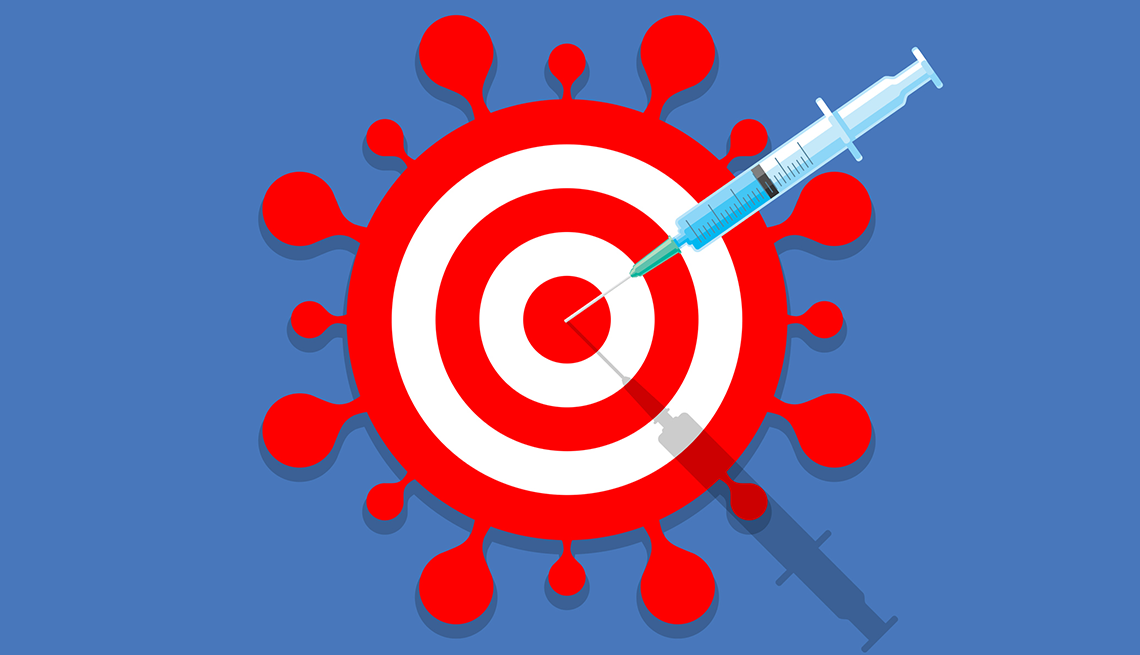
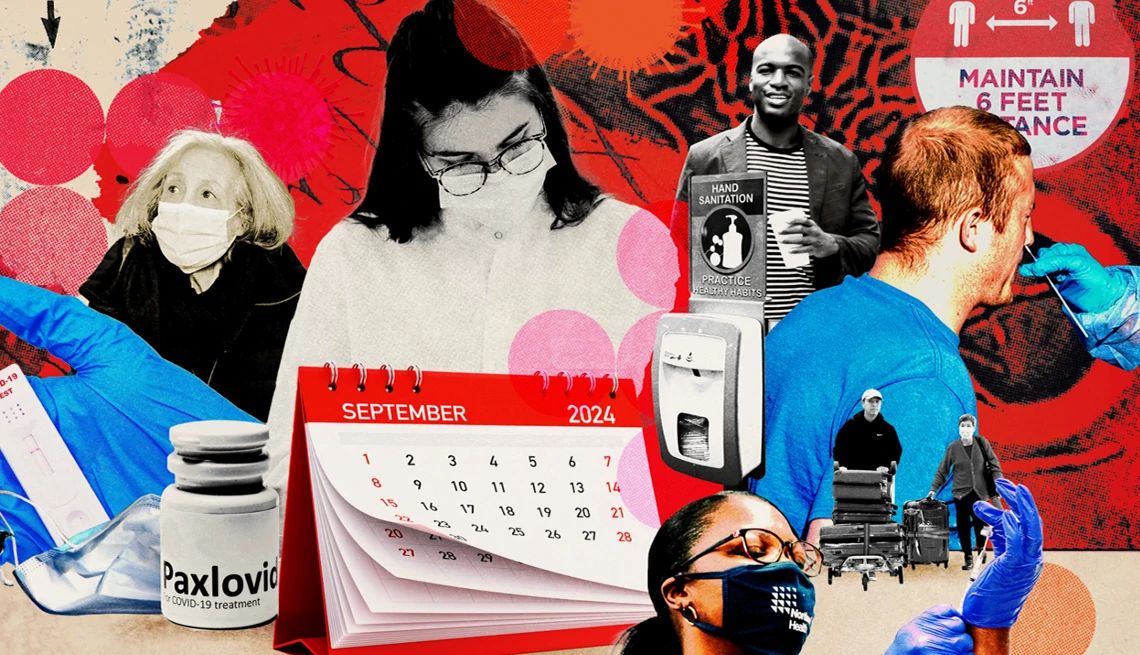

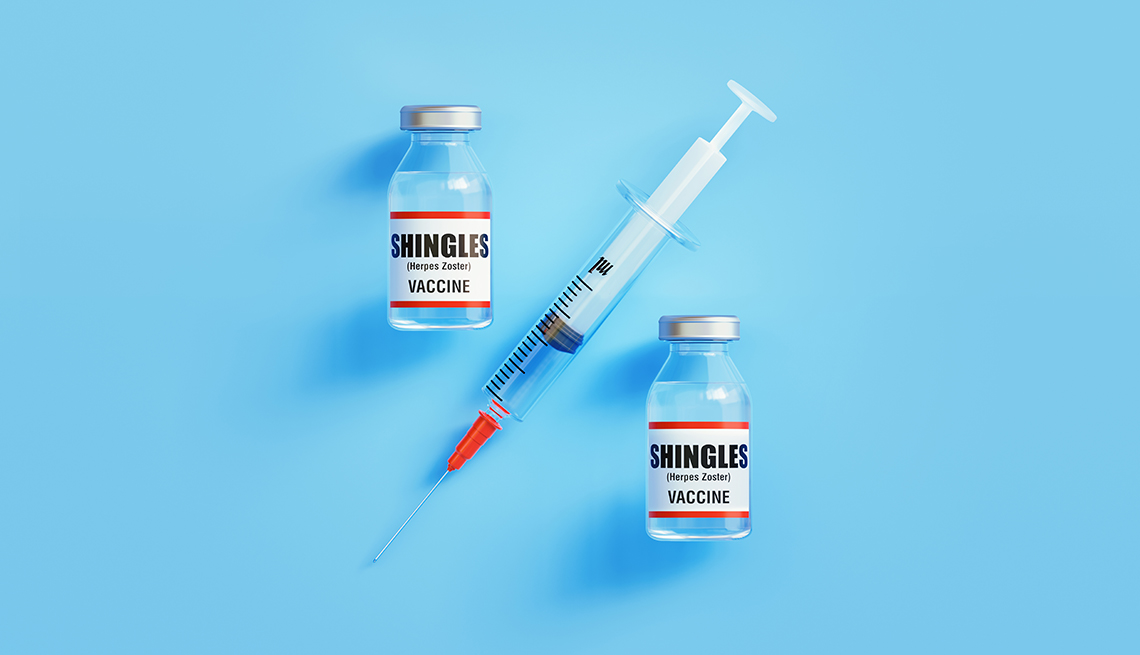






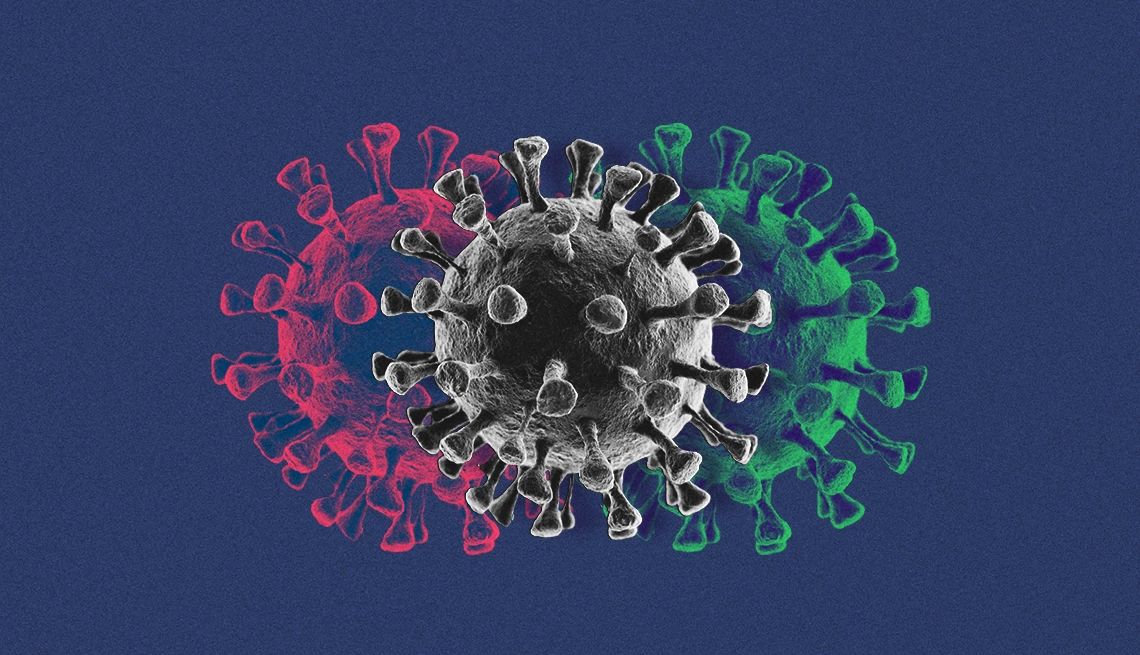

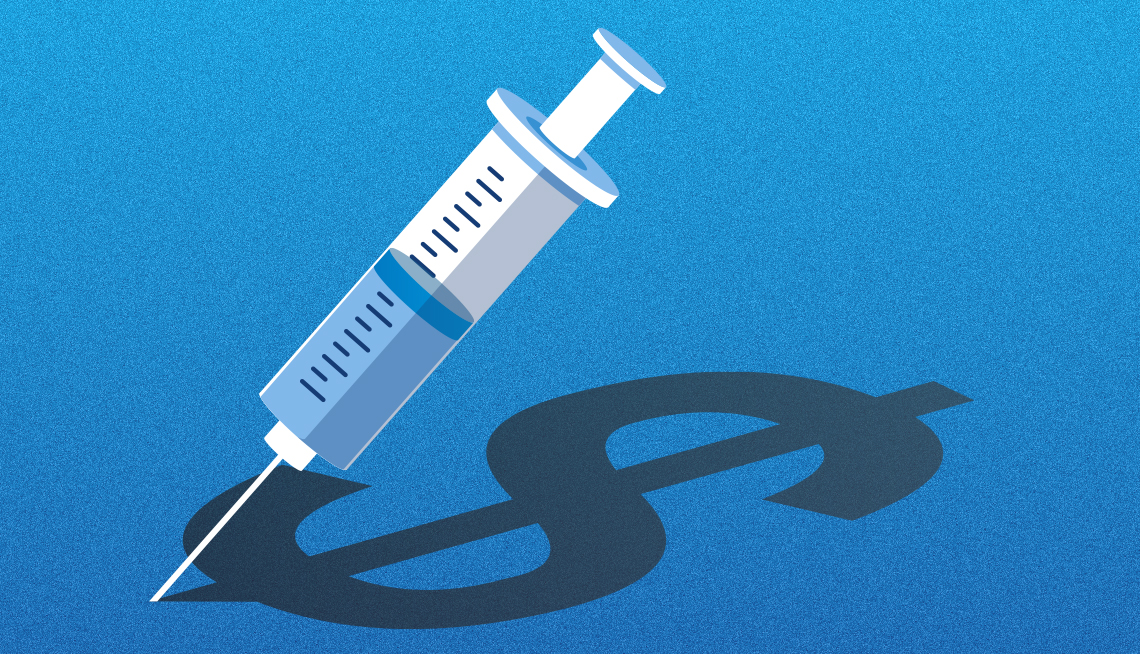








More From AARP
5 Medications That Can Cause Lung Issues
Common treatments may trigger coughing or breathing problemsAre You Taking Too Much Acetaminophen?
It's easy to overdo this common pain relieverAsk Dr. Adam: How Can I Boost My Immune System?
Help strengthen your body’s defenses against illness this winter